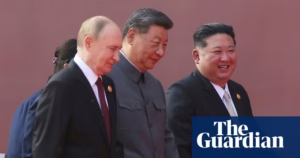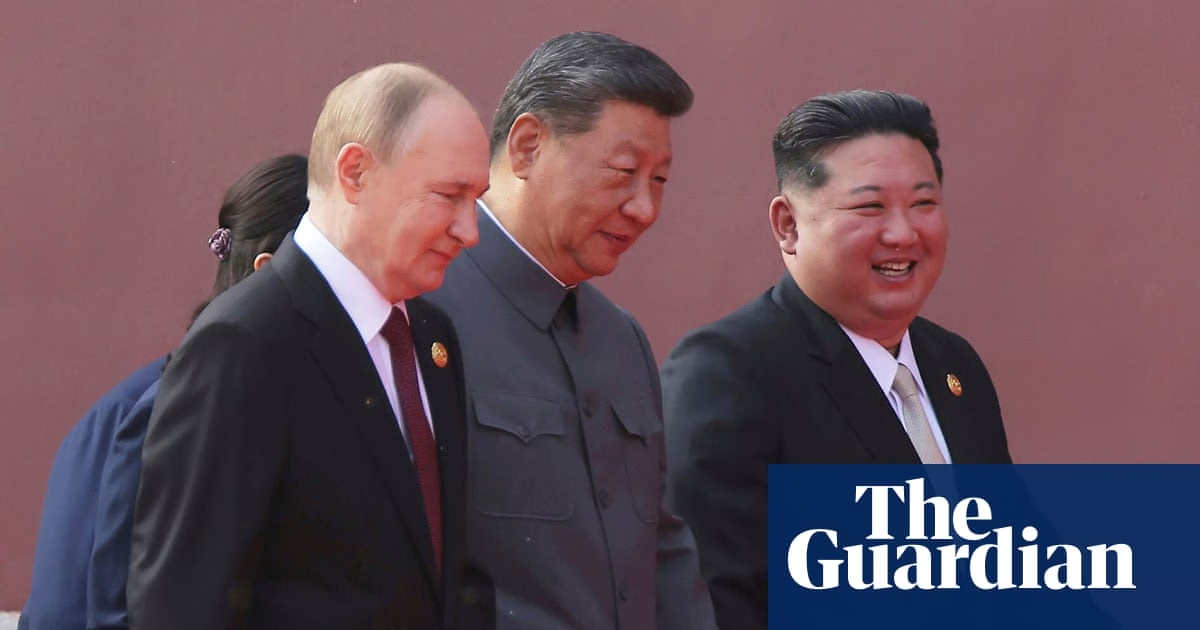Perhaps it was the elaborate showcases of weaponry that led Chinese President Xi Jinping and Russian counterpart Vladimir Putin to ponder life and death during this week’s military parade in Beijing. The conversation was light, but both leaders, aged 72, may have felt the weight of mortality more acutely than the younger North Korean leader, Kim Jong-un, who walked alongside them.
According to an interpreter, Xi told Putin that 70 is now considered young, to which Putin mused that advancements in medical science could mean people could “live indefinitely.”
Organ transplantation has certainly improved. Prof. Reza Motallebzadeh of UCL explains that procedures add years to life for patients with end-stage organ diseases. However, an imbalance between organ demand and supply exists; hence, they prioritize younger patients.
Supply could change with advancements in xenotransplantation which involves transplanting organs from pigs, and genetic editing techniques. This remains experimental, but shows promise. Another radical idea discussed are artificial wombs, which could potentially produce “spare human bodies” for organ transplantation – though not without significant public discomfort and moral dilemmas due to the eerie nature of creating brainless human bodies.
While organ transplants can extend life, repeated surgeries and anti-rejection drugs may also have side effects that reduce lifespan. Moreover, the concept of turning organs into anti-aging treatments is being explored by modifying liver and other organs to resist infection and produce anti-aging compounds.
While organ transplantation and other medical advancements are improving, it’s too early to say if individuals will live until they are 150 years old.
Source: https://www.theguardian.com/science/2025/sep/07/science-putin-xi-longevity-immortality-get-younger-organ-claims






